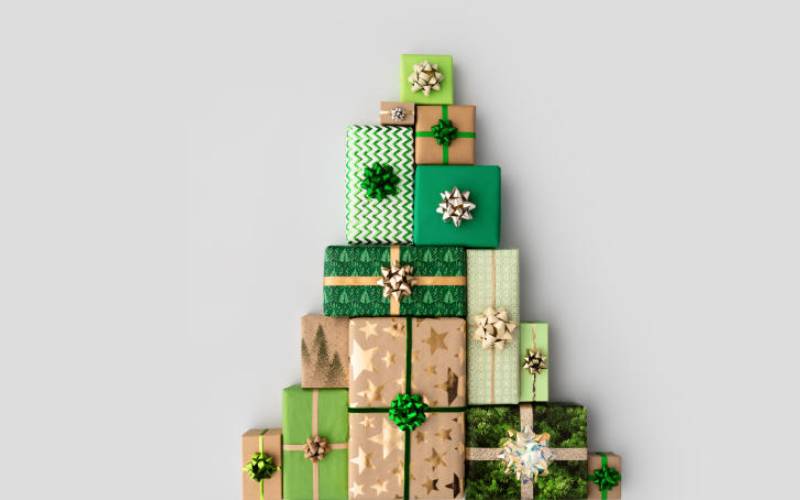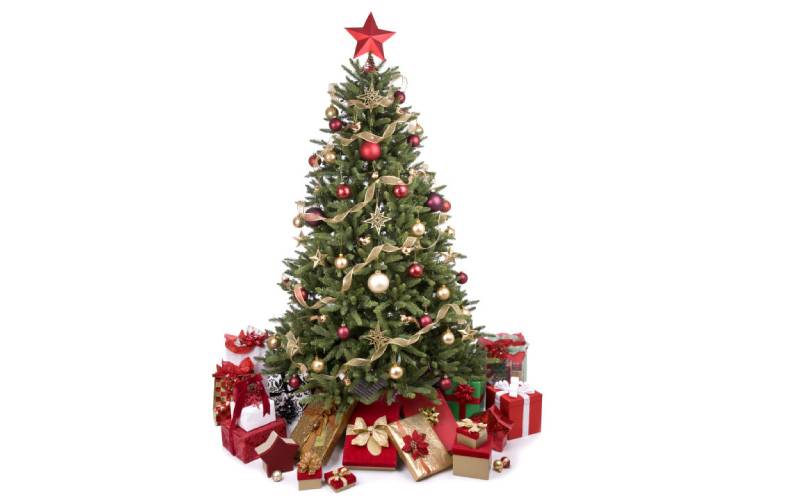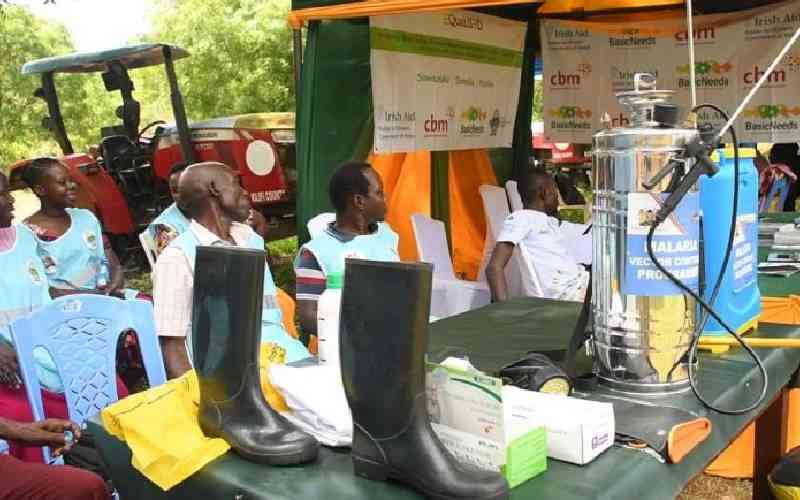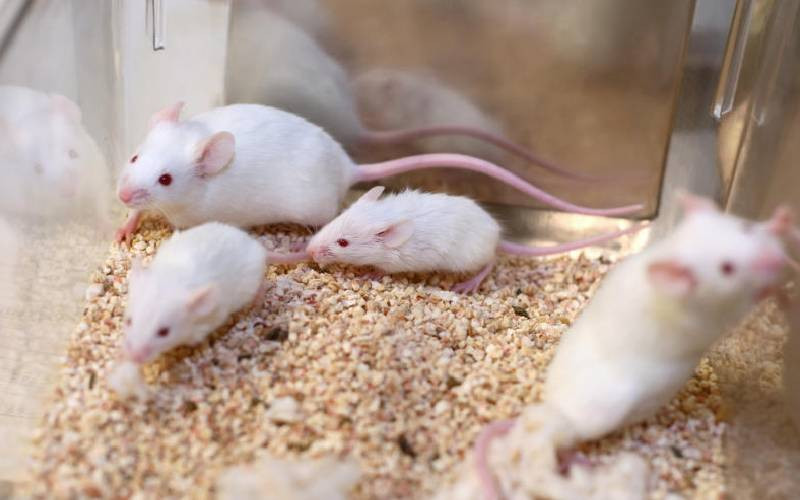
Last year’s gift bags and ribbons can be reused as well as old holiday cards which can also be cut and hanged as decorations. [Courtesy]
It is that time of year when friends, families and corporates give away gifts and with the vagaries of climate change, environmentalists are recommending the giving of ‘environmentally-friendly gifts’ to reduce carbon footprints.
A carbon footprint is the total amount of greenhouse gases (including carbon dioxide and methane) generated by human activities.
According to the Nature Conservancy report, the average carbon footprint for a person in the United States is 16 tons, one of the highest rates in the world. Globally, the average is closer to four tons. To have the best chance of avoiding a rise in global temperatures, the average global carbon footprint per year needs to drop under two tons by 2050.
To achieve these targets environmentalists are encouraging simple changes in the way gifts are wrapped, how we send cards, decorate and entertain to help cut wastes produced which in return save money and Rosemary Owigar, a climate change expert and lecturer at Maseno University also says “we will have taken a step towards reducing individual carbon footprints”
Owigar suggests “looking at more natural and materials that can be recycled,” when buying and wrapping gifts and it can start with a simple question: “Do I need this item and what is its impact on the planet?”
On in-house celebrations and decorations, Owigar says people should consider reusing and recycling as “greenery left over from trimming a tree or clipping from the outdoors can be used in wreaths or garlands” and for wrapping gifts, she advises that people go for reusable bags and other degradable options.
Last year’s gift bags and ribbons can be reused as well as old holiday cards which can also be cut and hanged as decorations.

Look at more natural and materials that can be recycled. [Courtesy]
Owigar says people should “consider old maps, pages from magazines, and decorated Kraft paper as recyclable gift wrap, and embellishing them with fragrant sprigs of rosemary or evergreen” and gifts can be elegantly wrapped in cloth, colourful tea towels or scarves and making the wrapping part of the gift.
“Christmas may be a time of giving but does that giving come at a cost?” Owigar questions adding that “personal efforts to reduce waste have never been greater with more of us switching to sustainable options like reusable bottles, beeswax food wraps and metal straws.”
Prof Raphael Kapiyo of Maseno University School of Environment and Earth Sciences argues that people can dispense with artificial Christmas trees and buy a Christmas tree from local farms as “the trees are grown for the purpose of being cut, and new ones are typically replanted every year, so the cycle continues.”
Prof Kapiyo explains by “buying local means that it didn’t use tons of fossil fuels to get to you. Plus many municipalities pick up trees after the holidays and chip them to use as mulch, so you’re not adding to the landfill. And you can’t beat the smell of a fresh-cut tree.”
Those planning to buy artificial Christmas trees should buy with the aim of using them for the long haul and “I would also consider the material of the artificial tree. When making your decision, ask: Is it made with recycled materials? Or can it be recycled?” poses Prof Kapiyo adding that “sometimes more environmentally friendly alternatives can be less expensive and readily available given its low demand.”
Prof Nixon Sifuna, an expert in carbon trading, on his part recommends that people switch to using energy-saving LED decorative lights which can last longer and use75 percent less energy than incandescent bulbs.
For those planning parties, Prof Sifuna suggests they avoid single-use plastics and go with more eco-friendly options, like regular plates and cups. If single-use seems unavoidable, choose compostable versions made from bamboo or sugarcane and “just be sure to put out clearly labelled bins for compostable and recyclables. Otherwise it’ll still end up in the trash.”
Instead of offering guests a plastic goodie bag or doggie bag on their way out, save takeout containers and reuse them, suggests.
 The Standard Group Plc is a multi-media organization with investments in media
platforms spanning newspaper print
operations, television, radio broadcasting, digital and online services. The
Standard Group is recognized as a
leading multi-media house in Kenya with a key influence in matters of national
and international interest.
The Standard Group Plc is a multi-media organization with investments in media
platforms spanning newspaper print
operations, television, radio broadcasting, digital and online services. The
Standard Group is recognized as a
leading multi-media house in Kenya with a key influence in matters of national
and international interest.











